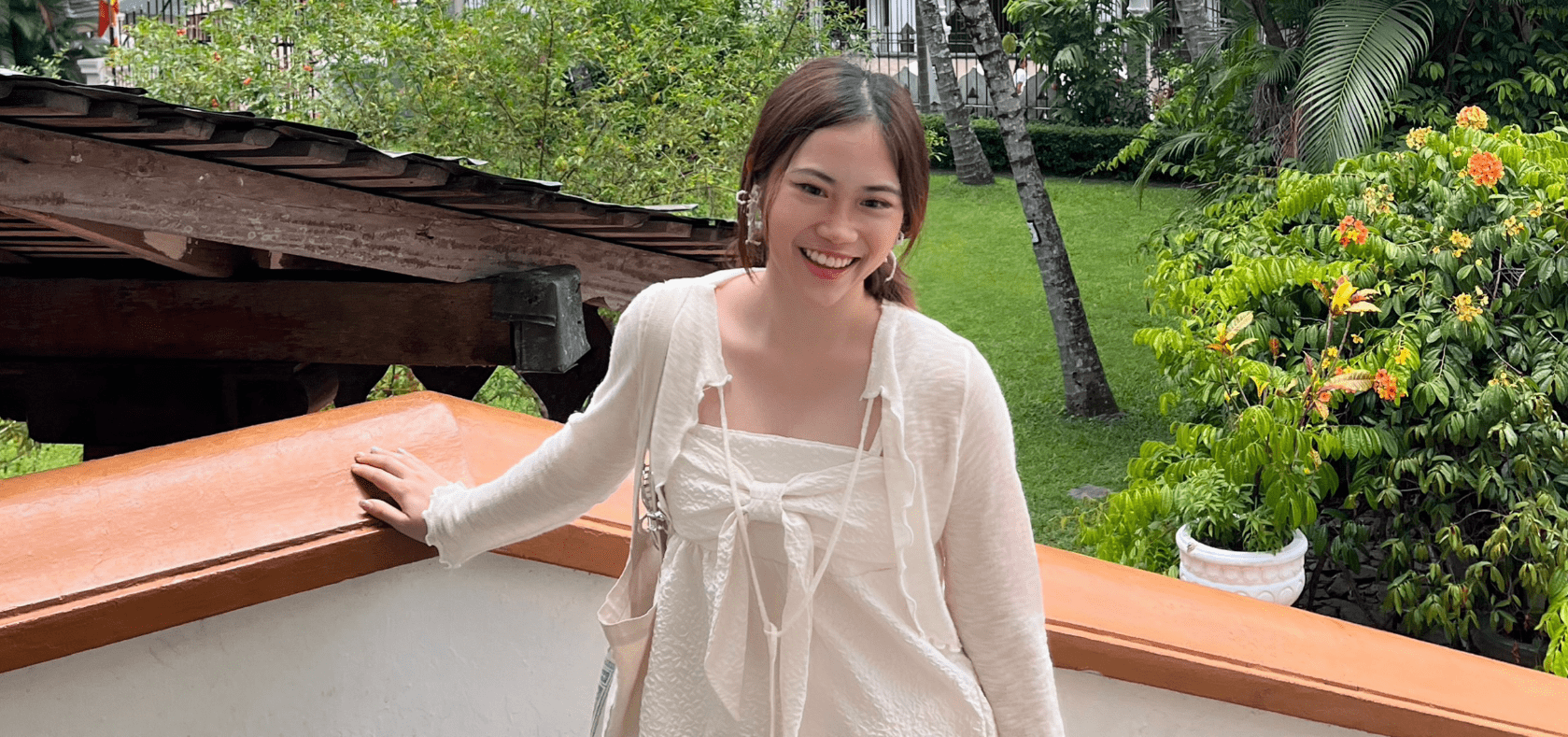Beijing+30 Youth Blogs: Struggling to ease discrimination against women in Thai politics
Date:
Author: Nongtach Mason Amornvivat

Sexism in Thai politics has been tolerated for far too long. Misogyny runs rampant in the parliament and the political scene overall. Despite the increasing percentage of women elected in the 2023 general election, women make up only 19.2 per cent of the House of Representatives. They are often, if not always, marginalized at the decision-making table.
From derogatory remarks about politicians, including wordplay that refers to former Prime Minister Yingluck Shinawatra as a slur for vagina, to reductions of leaders to someone’s wife and relative, rape culture perpetuates a top-down society in Thailand where women’s autonomy and safety are compromised and disregarded.
Members of Parliament (MPs) from right-wing conservative parties have reported being discredited, made fun of, and sexually harassed both in their workplace and online. These incidents comprise remarks on their appearance and demeanour. Their work is twisted too; women politicians are “too loud” or “too naive” to understand the ‘complexity’ of politics and public administration.
Women in left-wing parties endure no better circumstances. The center-left Move Forward Party (reborn as the People’s Party), which won the last election, has dealt with four male MPs found guilty of sexual assault over the years. One was only put on probation. Most expelled MPs, contending their innocence, join other political parties. So a double standard on sexual misconduct is even embraced by one of the most liberal groups.
The glass ceiling seemed to break once when a women prime minister was elected. Yet that came with countless sexist mistreatments — even her party treated her as an empty vessel for her exiled, influential ex-prime minister brother.
As a master of public administration candidate and an aspiring leader in my country, the state of women in Thai politics alarms me. The statistics on leaders and voters in Thailand, though still low, suggest a promising trend. But the number does not matter as much as the culture that puts women, those brave enough to step up and voice their rules, on a pedestal to be objectified or condemned.
Beijing+30 calls for reviewing and improving strategies recommended in the 1995 declaration. This is an alarm that wakes us up from normalizing double standards and discriminating against women leaders. We need more women at the decision-making table, at the forefront of companies, institutions and, most importantly, our country.
I believe Thailand can do better in adopting an international framework on gender equality, be it a gender quota or putting women’s development front and center in national strategy. Sexism in Thai politics must no longer be tolerated, so future leaders do not get catcalled during their parliament speeches or say in exasperation that, “Alas, the glass ceiling still has not been shattered.”
Biography:

Nongtach Mason Amornvivat, 22, is a master of public administration candidate in Canada. She writes for the first feminist social media page in Thailand, with 65,000 followers, and curated a curriculum for thousands of marginalized students in Thailand through Speaking Hub, an international educational non-governmental organization. Nongtach has worked with the United Nations Resident Coordinator in Thailand and as a social media reporter for UN Women at the Gen-Forum 2024. She has represented Thailand in youth forums and debate competitions worldwide.
![]() @moosom.a |
@moosom.a |  @moosom.a |
@moosom.a |  Nongtach Mason Amornvivat
Nongtach Mason Amornvivat